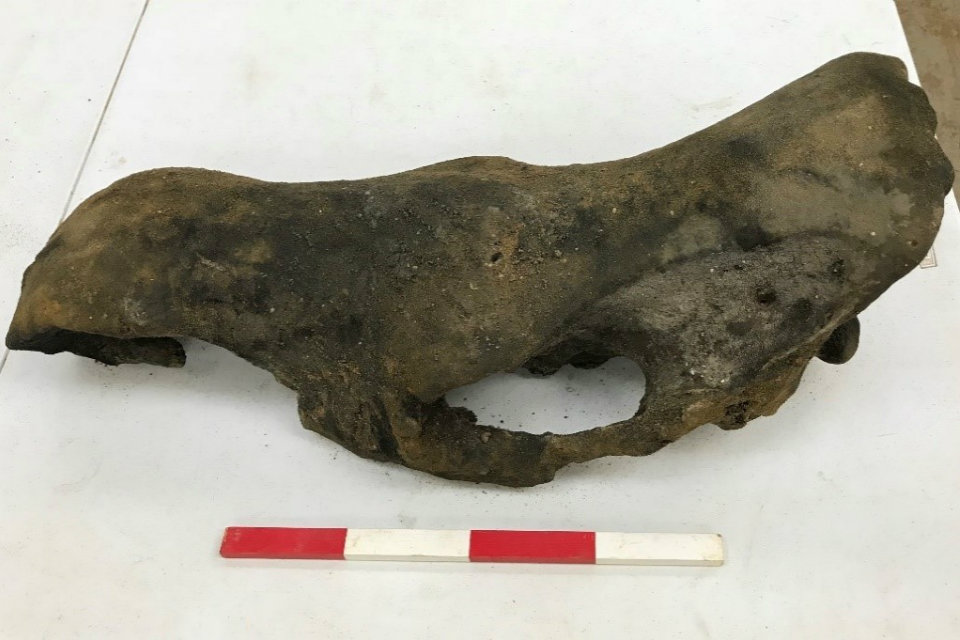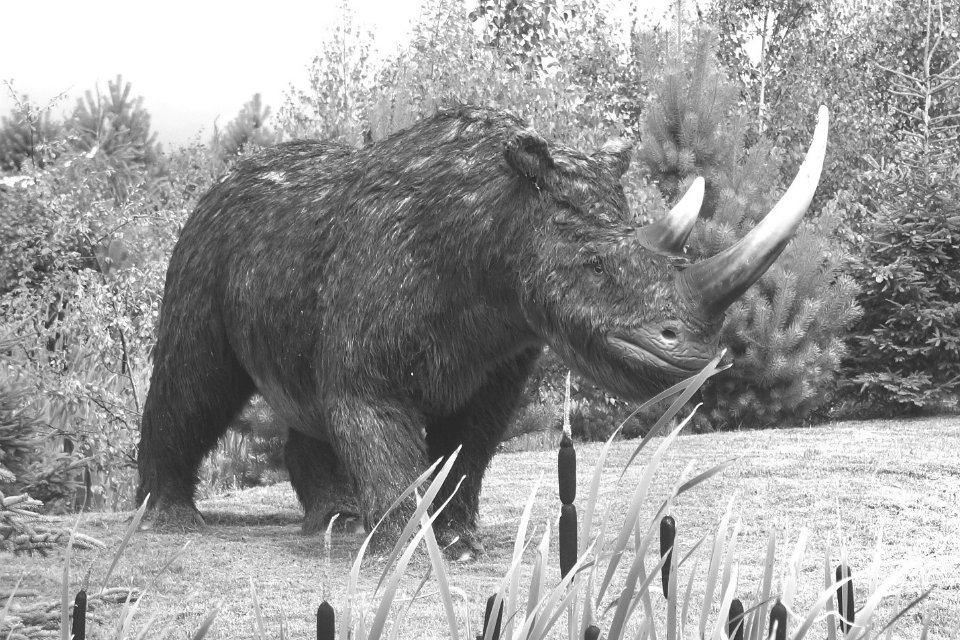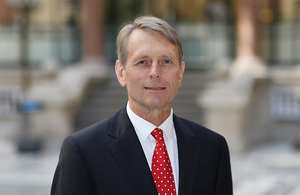Press release: Business Secretary hosts first cross-government working group on future regulation
- Business Secretary outlines commitment to ensuring regulators are active, forward-thinking and ready to ensure UK is at the forefront of future industries
- Move reflects government drive to transform regulation to support innovators to bring new ideas to market
Business Secretary Greg Clark has outlined his commitment to building on the UK’s exceptional reputation for regulation by ensuring UK regulators are ready for the industries of the future, at the first Ministerial Working Group on Future Regulation.
The Group, which convened for the first time yesterday, is a key commitment in the UK’s modern Industrial Strategy and is responsible for ensuring the government can shape the right regulatory environment to put the UK at the forefront of future industries, from driverless cars to artificial intelligence. It will also take forward recommendations by the Prime Minister’s Council for Science and Technology on how to make the UK regulations more favourable to innovation.
The Council’s recommendations have been published, together with the government’s response. These include establishment of a new horizon-scanning function to ensure that regulation keeps pace with emerging technologies and better access to regulatory advice and support for innovators.
Business Secretary Greg Clark said:
We have a world-beating regulatory environment in the UK which has set standards that have been exported around the world. But we can’t move forward by standing still and we must prepare for the technologies and industries of the future.
I am grateful to the work done by the Council and for their recommendations on how we can put the UK at the forefront of these industries. Through the Working Group on Future Regulation we are going to build on our exceptional foundations, ensuring our regulations keep pace with the technological advances that will reshape our economy.
By being the ‘prime mover’ in reforming regulation to support technological innovation, the government will be able to grow domestic industries and attract investment from the rest of the world.
The new group reflects the government’s drive to transform regulation to support innovators to bring new ideas to market. In early October the government announced that it would invest in £10 million in 15 projects through the Regulators’ Pioneer Fund. Projects will help regulators keep pace with technological advances of the future from virtual lawyers to flying cars.
Members of the Ministerial Working Group on Future Regulation are:
- Secretary of State for Business, Energy and Industrial Strategy – Rt Hon Greg Clark MP (Chair)
- Secretary of State for Health and Social Care – Rt Hon Matt Hancock MP
- Secretary of State for Transport – Rt Hon Chris Grayling MP
- Secretary of State for Digital, Culture, Media and Sport – Rt Hon Jeremy Wright MP
- Minister of State for Energy and Clean Growth – Rt Hon Claire Perry MP
- Minister of State for Universities, Science, Research and Innovation – Sam Gyimah MP
- Exchequer Secretary to the Treasury – Robert Jenrick MP
- Parliamentary Under Secretary of State (Minister for Better Regulation) – Rt Hon Lord Henley
- Government Chief Scientific Advisor – Dr Patrick Vallance FRS, FMedSci, FRCP
- Chair of the Regulatory Policy Committee – Anthony Browne
- BEIS Director General for Market Frameworks – Jaee Samant
- BEIS Director for Better Regulation – Carl Creswell
This group, which will meet on a quarterly basis, will be responsible for:
- Strengthening the Government’s horizon scanning for emerging regulatory challenges arising from innovative products, services and business models
- Commissioning departments to develop regulatory reform proposals to enable innovative products, services and business models
- Promoting action by regulators to develop innovation-enabling regulatory approaches
- Seeking to resolve complex regulatory issues that cross sectoral, departmental or regulator boundaries; and
- Driving the exchange of best practice in innovation-enabling approaches across Whitehall


